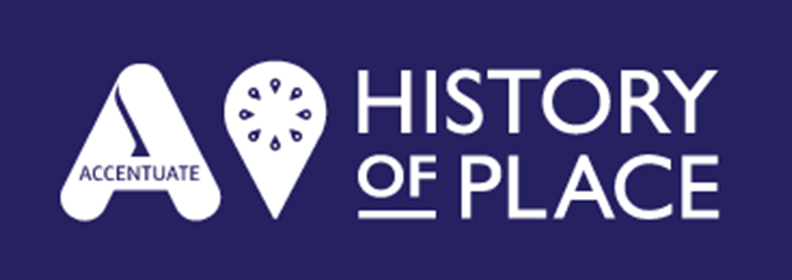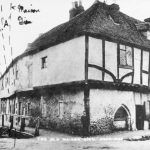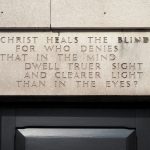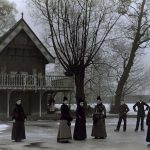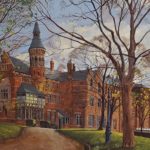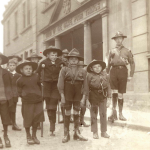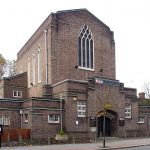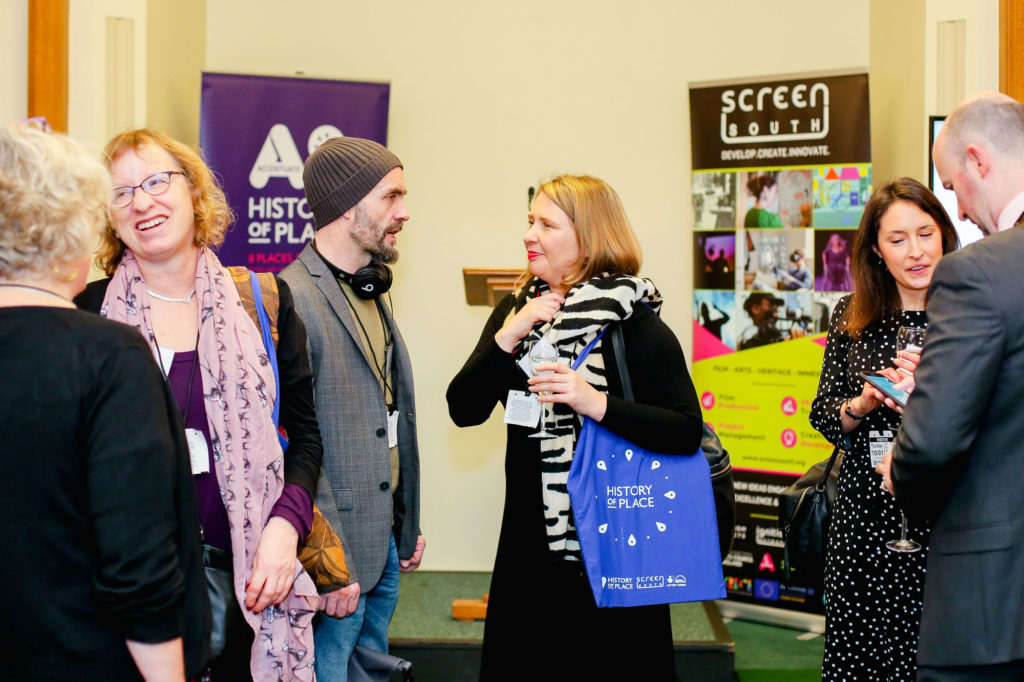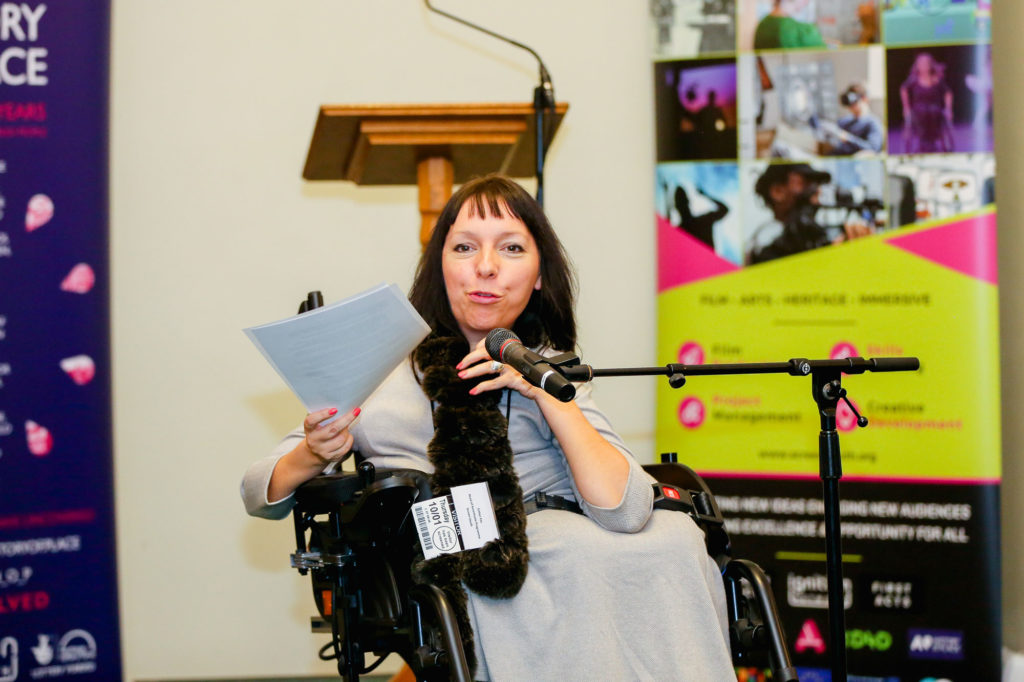One of the results of our three year project is a much clearer idea of what is needed from the cultural sector so that the stories of deaf and disabled people don’t get swept under the carpet – and seen as a niche subject when there’s not dedicated funding.
We have developed a series of pledges, listed below. We know museums, galleries and cultural institutions are all starting from different places – but we ask sector workers and leaders to make a start by choosing at least one where your institution can make a change. Do tweet us @H_O_P or drop a line to Esther.Fox@accentuateuk.org to tell us about your plans.
Then write out your pledges and pin them on the wall, so they are there in your head when you are next planning some work.
We launched these pledges at our event for policymakers and cultural sector leaders at the House of Commons. Many people there chose and signed up to at least one pledge.
The Pledges: for policy makers
Prioritise funding for initiatives that seek to challenge inequalities.
Understand that real and lasting change takes time and continued investment.
Support organisations with knowledge and expertise to work in partnership with others
Be prepared to take risks and back work with ambitious ideas that could lead to significant positive changes
Value the rich and extensive contributions deaf and disabled people can make to our cultural sector
Realise that the barriers effecting deaf and disabled people’s participation in culture are complex
Understand that disabled people are individuals and not all disabled people are able to take up paid positions
The Pledges: for museums and heritage organisations
Look at your existing collections, can these be re-interpreted and presented at the forefront of future programming.
Work with deaf and disabled people when planning exhibitions & events. Find ways for them to actively influence decisions
Do not think about deaf and disability history as a “niche” topic.
Consider methods to make all exhibitions and events accessible, not just those that have a disability focus. If all your activities embed accessibility you will diversify and grow your audiences.
Deaf and disabled people have a right to access culture just like anyone else. It is your responsibility to ensure you uphold this right.
The Pledges: for individuals
Demonstrate commitment to ideas that enable great equality and inclusion by advocating these aims to others.
Every time you plan an activity consider what you can do, even on a small scale, to ensure greater access for deaf and disabled people.
Always remain open to new ideas and ways of doing things although you may think you know exactly what you are doing.
Listen to deaf and disabled people and value their insights and experiences.
If you are a deaf or disabled person who wants to get more involved in cultural activities, recognise you have a lot to offer and explore the variety of options that might be available for you to take part.
